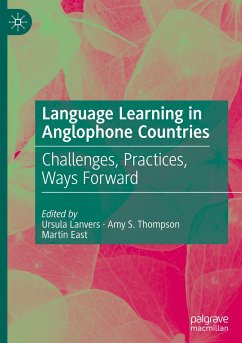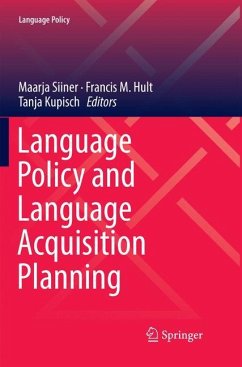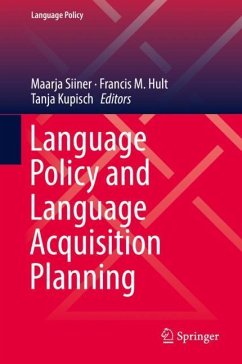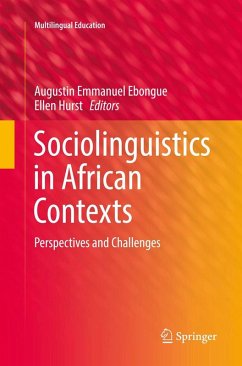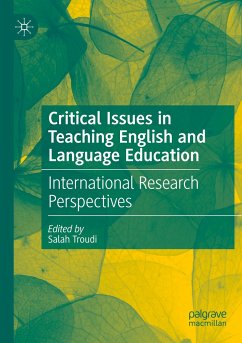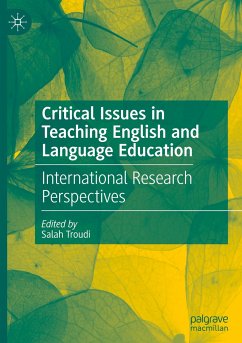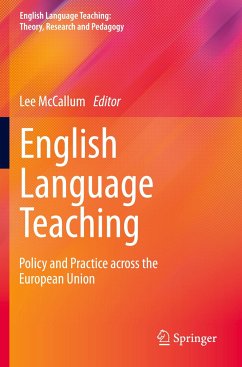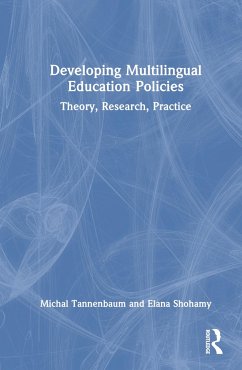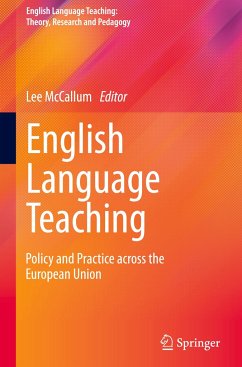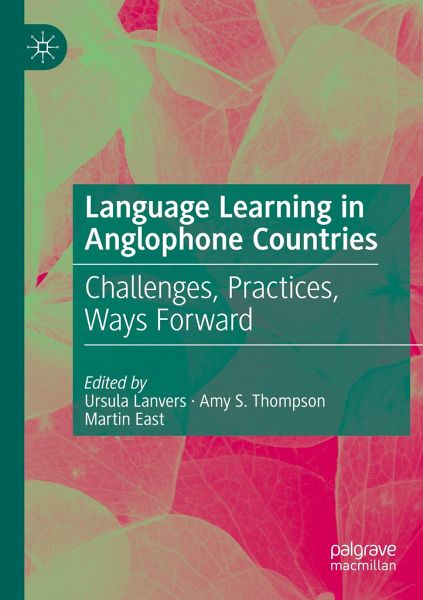
Language Learning in Anglophone Countries
Challenges, Practices, Ways Forward
Herausgegeben: Lanvers, Ursula; Thompson, Amy S.; East, Martin
Versandkostenfrei!
Versandfertig in 6-10 Tagen
121,99 €
inkl. MwSt.

PAYBACK Punkte
61 °P sammeln!
This edited book focuses on the state of language learning in Anglophone countries and brings together international research from a wide range of educational settings. Taking a contextual perspective on the language learning crisis currently facing Anglophone countries, the authors examine systemic challenges, real-world practices, and broader cultural trends that have an impact on the uptake of modern foreign languages in different Anglophone settings. This book will be of interest to scholars working in applied linguistics and language education, particularly those with a focus on education...
This edited book focuses on the state of language learning in Anglophone countries and brings together international research from a wide range of educational settings. Taking a contextual perspective on the language learning crisis currently facing Anglophone countries, the authors examine systemic challenges, real-world practices, and broader cultural trends that have an impact on the uptake of modern foreign languages in different Anglophone settings. This book will be of interest to scholars working in applied linguistics and language education, particularly those with a focus on educational policy and Global English.





